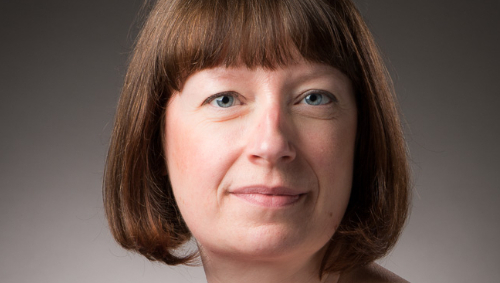How long have you worked at the Uni? What does your role involve?
I’ve been here for 4.5, nearly 5 years. I am Head of Public Engagement, which means I work to support academic colleagues to involve non-academic communities in their research. We create the conditions for public engagement to thrive. A lot of what we do supports individual academics, but we also do a lot to ensure that University structures work to support public engagement as well.
Why is Public Engagement so important?
For me, it’s about involving non-academic experiences and knowledge in the academic environment. Recognising that if we are going to solve the challenges that we face today, we have to have a broad perspective of opinions and insight. I’ve heard it described as ‘knowledge democracy’ which I thought was a nice way of putting it. But I do recognise there are many other reasons for doing public engagement, so not everyone has that opinion, and we will support people doing their public engagement work regardless of why they want to do it.
What would you most like to achieve while at the University?
The Public Engagement Unit was established to establish a culture of public engagement with research, so I would like to achieve that. I would like to think we have made a reasonable stab at that, so I want to keep that going and advance that even more.
You are a Dr, what was your PhD in?
I say ‘public engagement with climate change’ as that was the broad area, the real title was a lot longer! Previous research into public engagement and climate change was very quantitative, asking questions like “Do you know what a greenhouse gas is?”. But what I looked at was how climate change makes people think and feel – it was very qualitative with a theoretical underpinning around the different types of publics. Recognising that we are not all the same, there are different types of people who form clusters, and that there is no single ‘public’ there are many ‘publics’ – and that’s something I use on a daily basis now. Even though I’m not an academic, the work that I did informs my daily practice.
What’s the most important piece of advice you’d give to a woman thinking of starting a career in Public Engagement?
If you step into Public Engagement you will realise it is a field dominated by women. I think that is problematic, because it is not balanced at all, but it is also reflective of the fact that it is still quite a new type of role. This novelty means that a lot of roles in public engagement are fixed-term, part-time, or not very well paid, so we end up with a situation where women are doubly disadvantaged. The roles are not secure, and the career trajectory is opaque as we’re still finding our way in this area. My advice would be to fight for your rights, you are stepping into a world that is quite insecure, and you need to be mindful that there are not that many permanent jobs. It’s a challenging sector.
As a child, what did you want to be when you grew up?
I wanted to be happy. I have always grown up with the advice of do what you enjoy and do what you’re good at. Whatever that is, that’s what you’ll be. It was very sage advice, and that’s what’s got me to where I am today!
What was your first job?
My dad was a bank manager, he worked in the bank from aged 14 to until he was about my age, then he gave all that up and started his own home-brew shop. I had to spend my weekends in the shop, and my work involved bagging up corks and hops, and sometimes I would work the till.
Where is your favourite holiday destination and why?
I am not very good at going on holiday. I tend to have long weekends here and there, go to Wales or Cornwall or stay in Bristol and enjoy the city.
What’s your favourite book?
‘To Kill a Mocking Bird’ is a classic, one of my favourite books that I will return to time and time again. ‘Three Men in a Boat’ by Jerome K. Jerome is one of the few books that will make me laugh out loud. On a factual note, I like Kate Fox’s ‘Watching the English’, which is a popular anthropology book about English people. Honestly, it is well worth a read – it made me understand myself and my life so much more. It did make me laugh out loud too. The way she describes things makes you go “That’s right – we do do that!”.
Tell us your favourite joke
Two goldfish are in a tank and one of them says to the other: “Do you know how to start this thing?”

